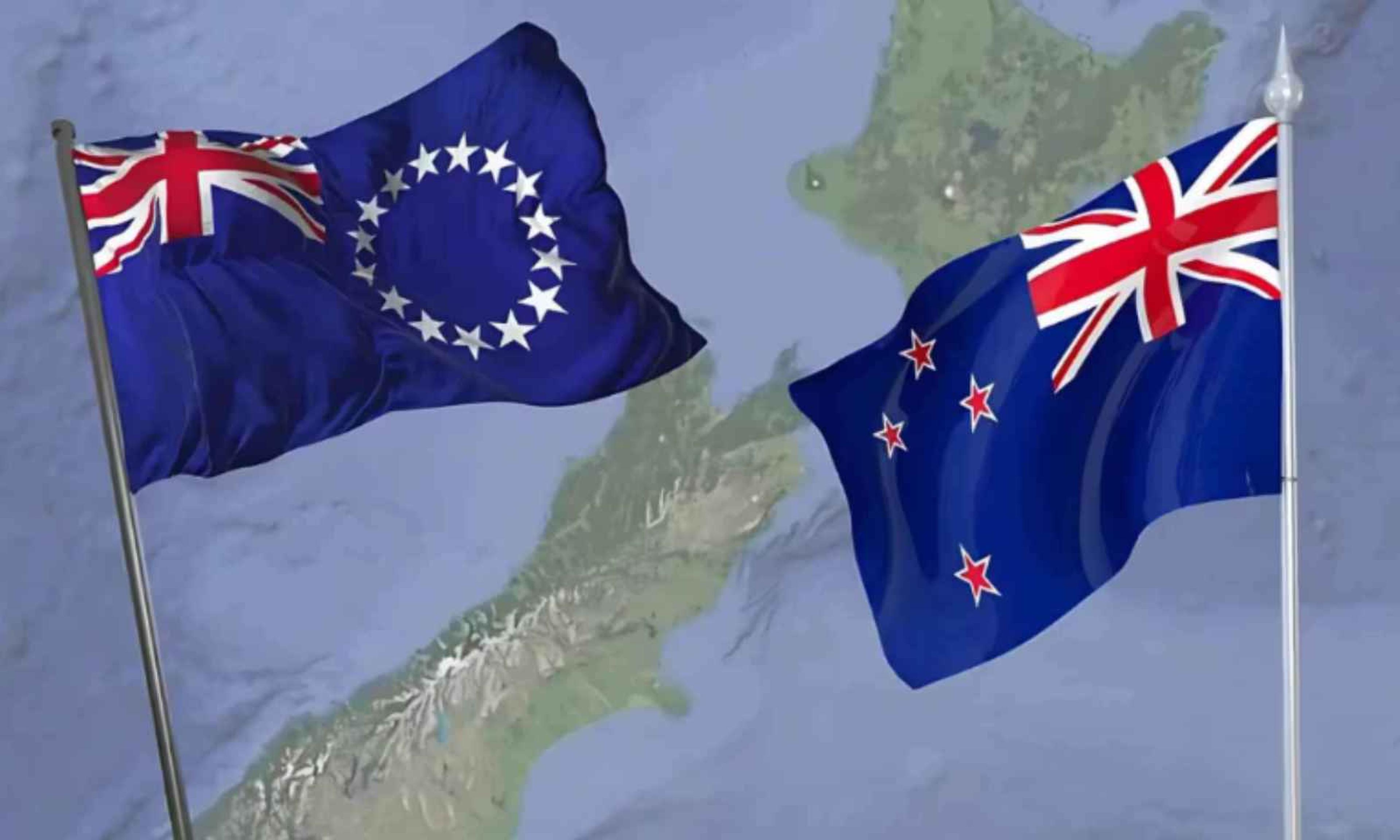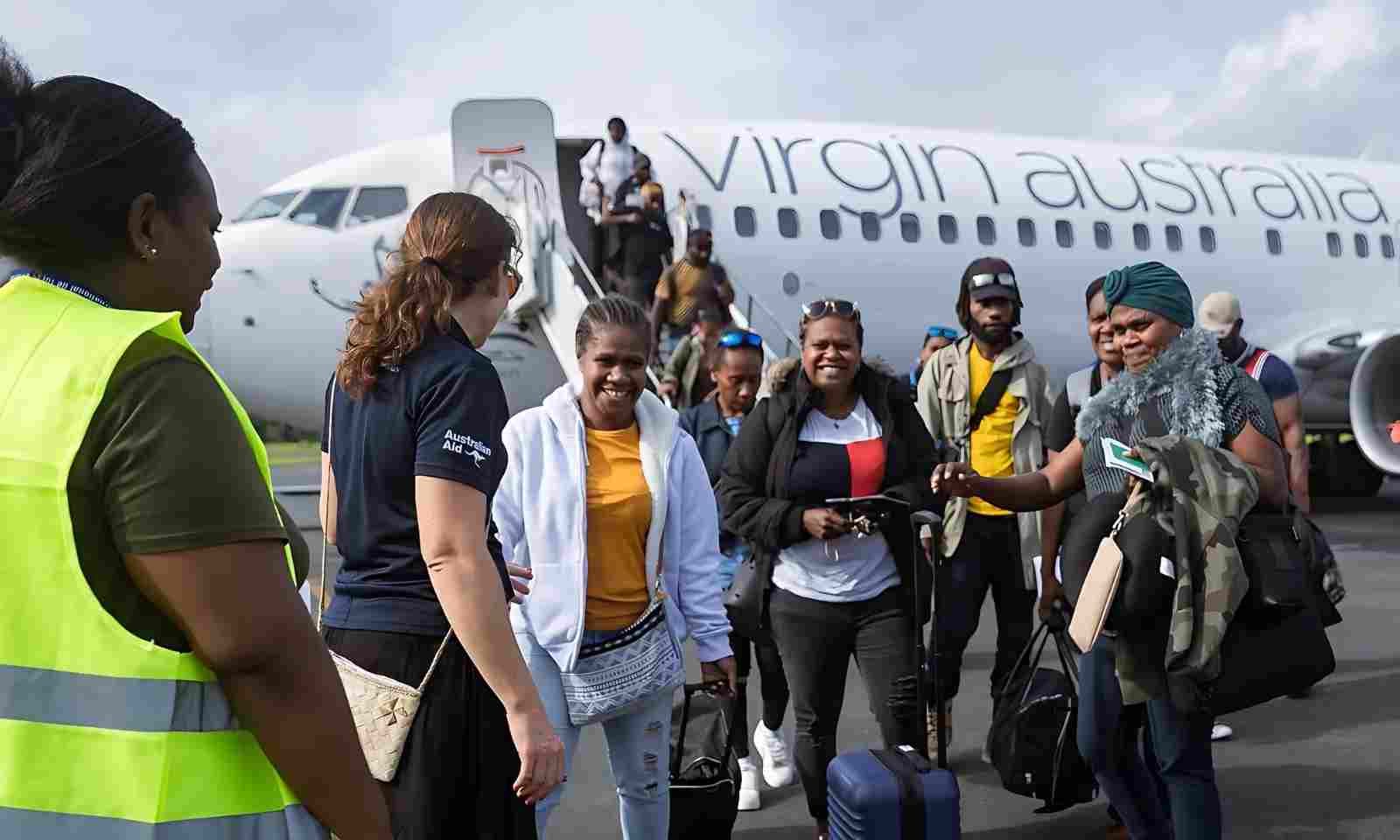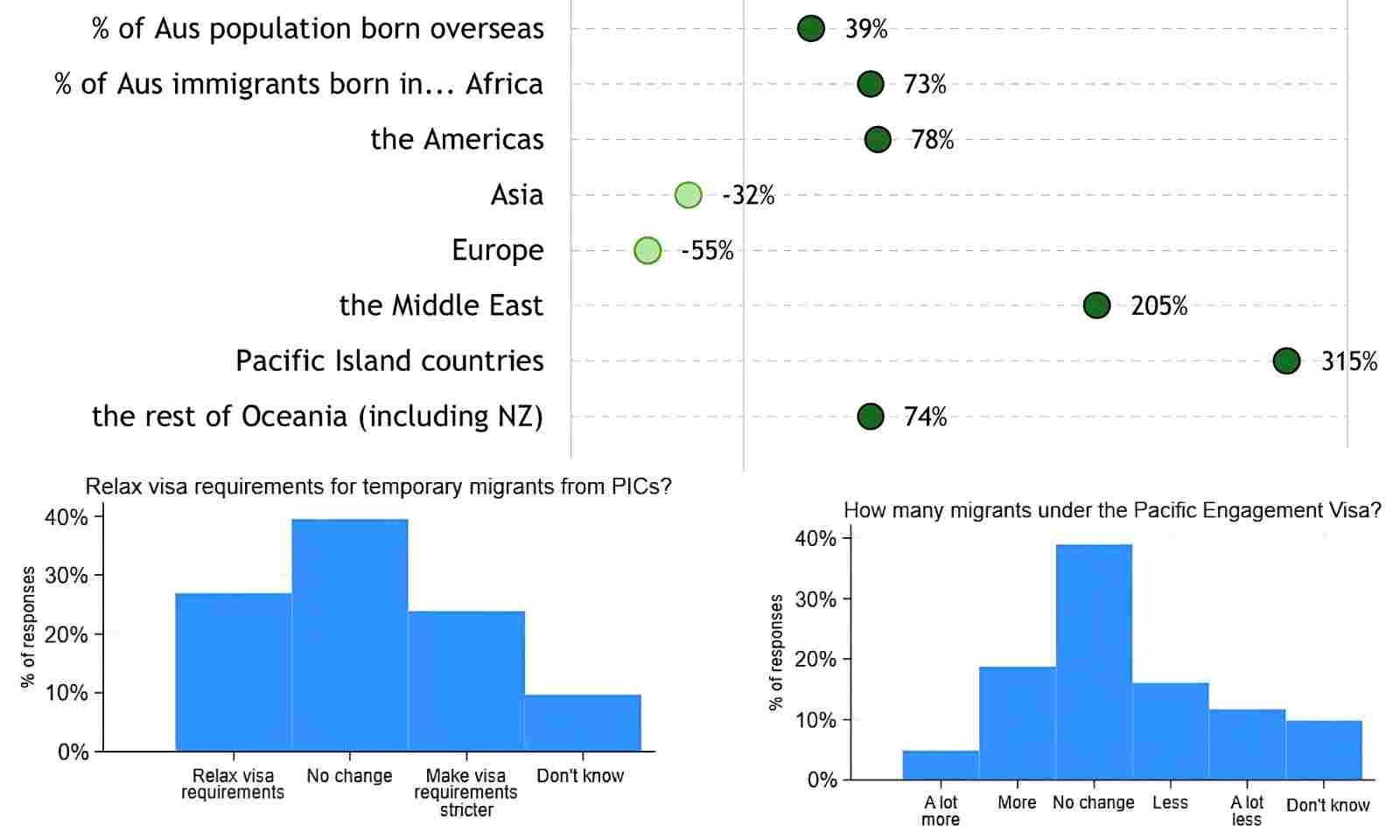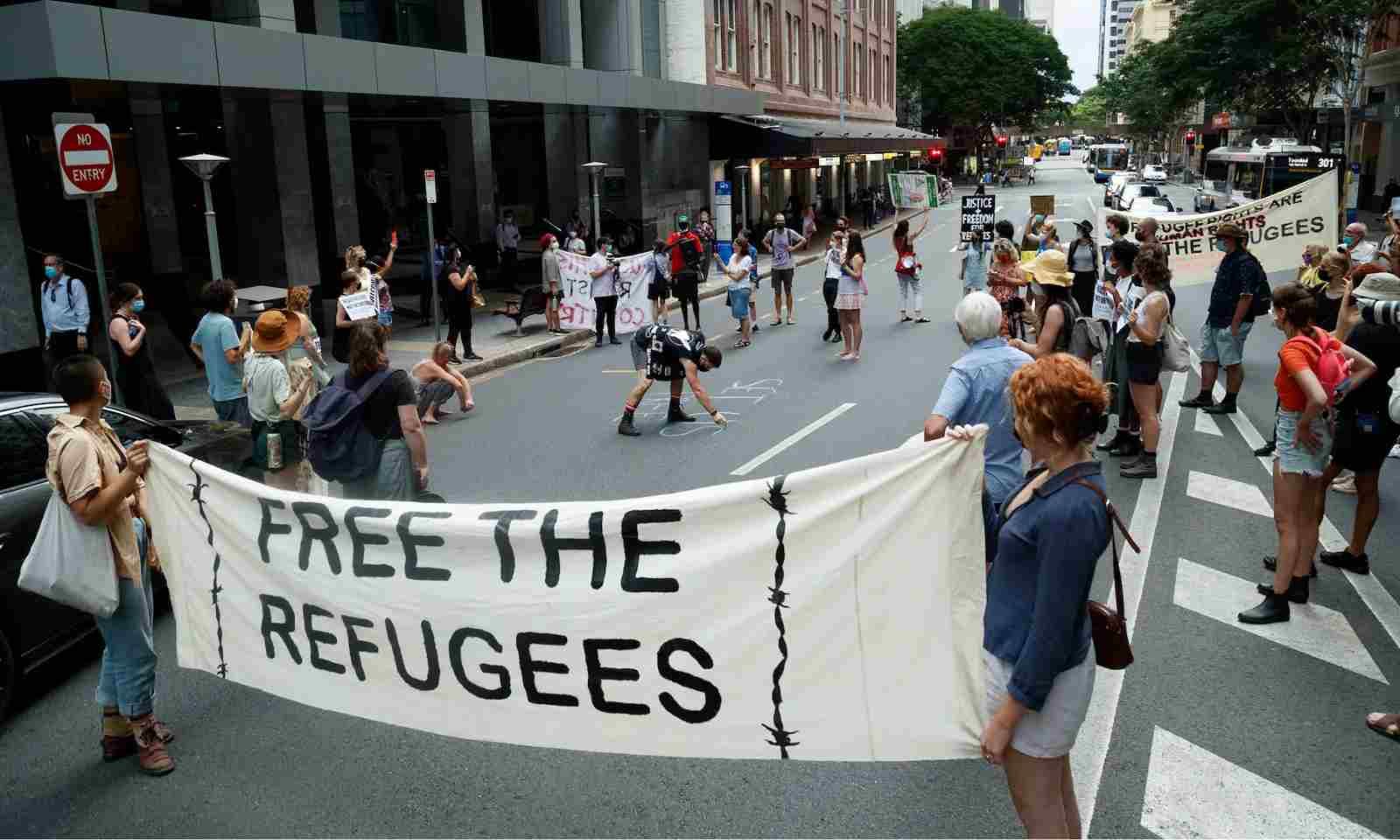

A lot has changed in the Pacific-Australia migration landscape over the last decade.
Photo/DFAT/Samuel Phelps
Pacific migration: How aware and supportive are Australians of this policy?
A lot has changed in the landscape of Pacific-Australia migration over the last decade, but a new survey shows that Australians have much to learn about Pacific migration.



Pacific leaders demand fair backing as Moana Pasifika cancels Tonga Super Rugby match

Diamond Langi steps into her boldest era with ‘Yodelay' ft. JKings

Cook Islands projects still delayed as NZ funding suspension continues over tensions


Pacific leaders demand fair backing as Moana Pasifika cancels Tonga Super Rugby match

Diamond Langi steps into her boldest era with ‘Yodelay' ft. JKings
The Pacific-Australia migration landscape has seen significant changes in recent years, including the introduction of the Pacific Labour Scheme in 2018, its merger into the Pacific Australia Labour Mobility Scheme in 2022, and new permanent migration pathways with the Pacific Engagement Visa in 2024.
A team of researchers at the Development Policy Centre, Australian National University, conducted a survey in September 2024, with over 5000 respondents assessing perceptions and preferences surrounding Pacific migration.
The research, by Alyssa Leng, Ryan Edwards, and Terence Wood, was supported by the Pacific Research Programme, with funding from the Australian Department of Foreign Affairs and Trade (DFAT).
Key findings include:
Respondents overestimate the share of Pacific Island immigrants in Australia, believing it to be around 9.4 per cent when it is actually 2.3 per cent.
For policy preferences, most respondents favoured keeping immigration policies regarding Pacific countries rather than seeking changes.
Support for relaxing visa requirements for Pacific citizens mirrored temporary and permanent migration trends, with a significant portion preferring no change.
Approximately 40 per cent of respondents expressed interest in expanding the Australia-Tuvalu Falepili Union to more Pacific nations, likely in response to climate change concerns.
Many respondents exhibited limited awareness of Pacific migration policies, highlighting a need for improved public understanding.
Watch Natasha Turia-Moka from Papua New Guinea and Akka Rimon of Kiribati - PhD candidates at the Australian National University - talanoa about the Australian Engagement Visa policy.
Despite these developments, there remains a prevailing anti-migration sentiment across Australia.
The researchers investigated three key questions: How much do people know about migrants in Australia? What preferences do people have about immigration policy going forward? Can we change people's minds about immigration?
Lead author Alyssa Leng says the study revealed misconceptions about migration.
"People thought that around nine per cent of immigrants were born in the Pacific Islands when it's actually just two per cent," she said.
"They weren't aware of how few Pacific Islanders there are in Australia and that was the biggest misconception."

Pacific Australia Labour Mobility (PALM) scheme workers return home to Vanuatu, December 2024. Photo/DFAT/Facebook
Overall, Australians support Pacific migration somewhat, though they lack accurate information and confidence about the topic.
"This lack of understanding may contribute to their general contentment with current policy settings remaining unchanged.
"We will explore the misconceptions and preferences surrounding the broader migration programme.
"The third and final series will present new experimental evidence on how these views can be altered."
In November, the Australian government passed new laws that expand the country’s offshore detention system, further evading international obligations and allowing officials to impose prison sentences on people who resist deportation, including asylum seekers.

Annabel Hennessy of Human Rights Watch said these laws undermine the core principles of refugee protection and represent a significant escalation in Australia’s ongoing mistreatment of refugees, migrants, and asylum seekers.
"The legislation was introduced through three bills: the Migration Amendment (Removal and Other Measures) Bill, the Migration Amendment Bill, and the Migration Amendment (Prohibiting Items in Immigration Detention Facilities) Bill.
"Under the new laws, the government now has the authority to pay third countries to accept non-citizens, including recognised refugees.
"Contrary to international standards, the laws do not require these countries to be parties to the Refugee Convention, nor do they include adequate safeguards to protect refugees from harm or detention abroad, or refoulement to countries where they may face persecution."

Activists gather in Brisbane's ANZAC Square to protest the indefinite detention of refugees and asylum seekers in Australian-run and funded facilities on the mainland and on Papua New Guinea's Manus Island, January 19, 2022. Photo/Joshua Prieto/SOPA